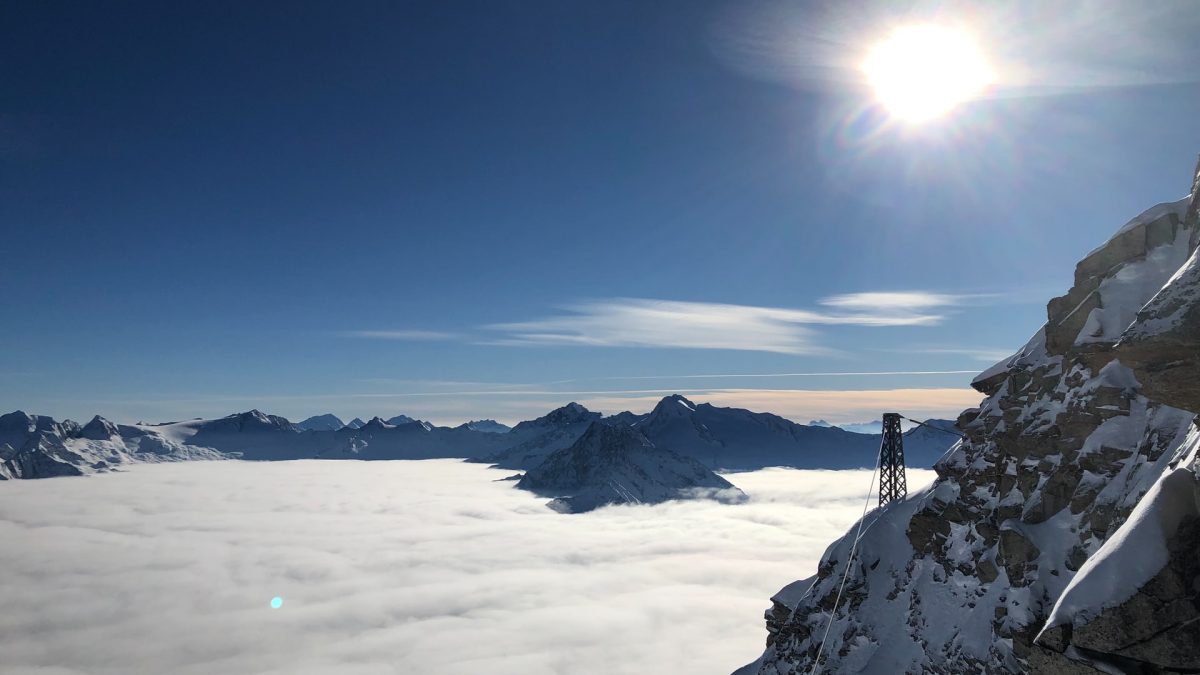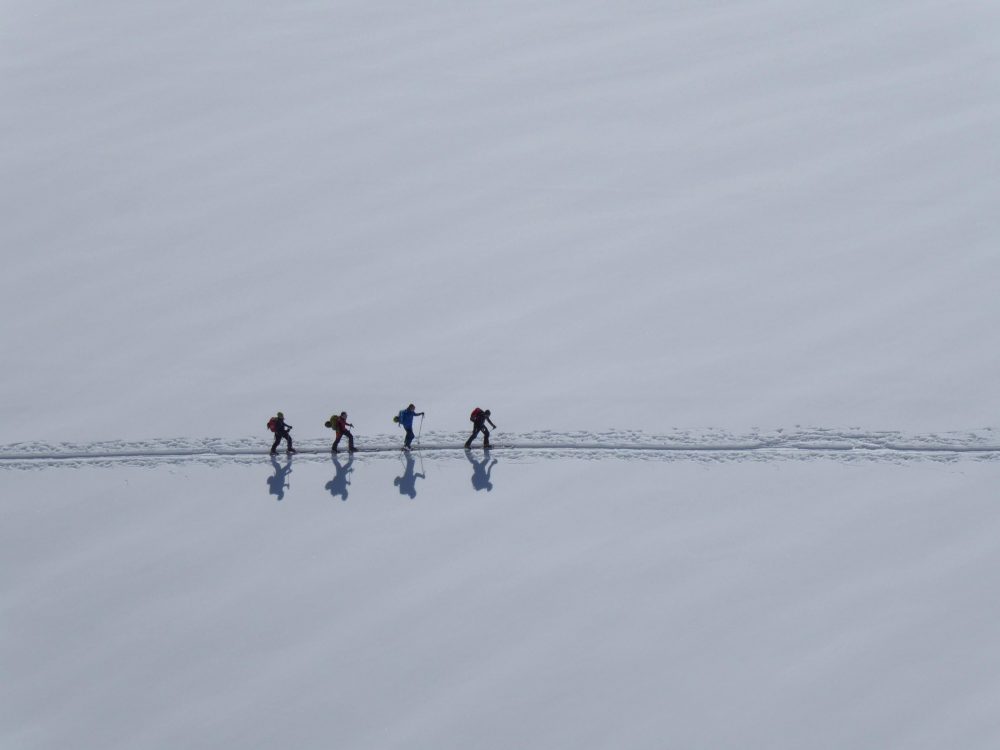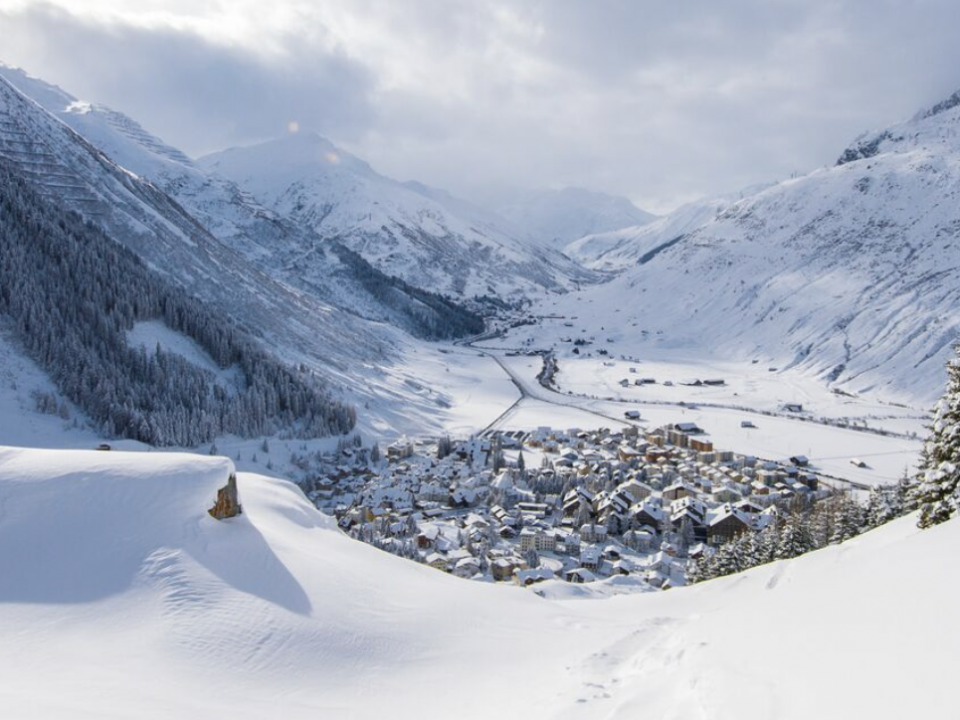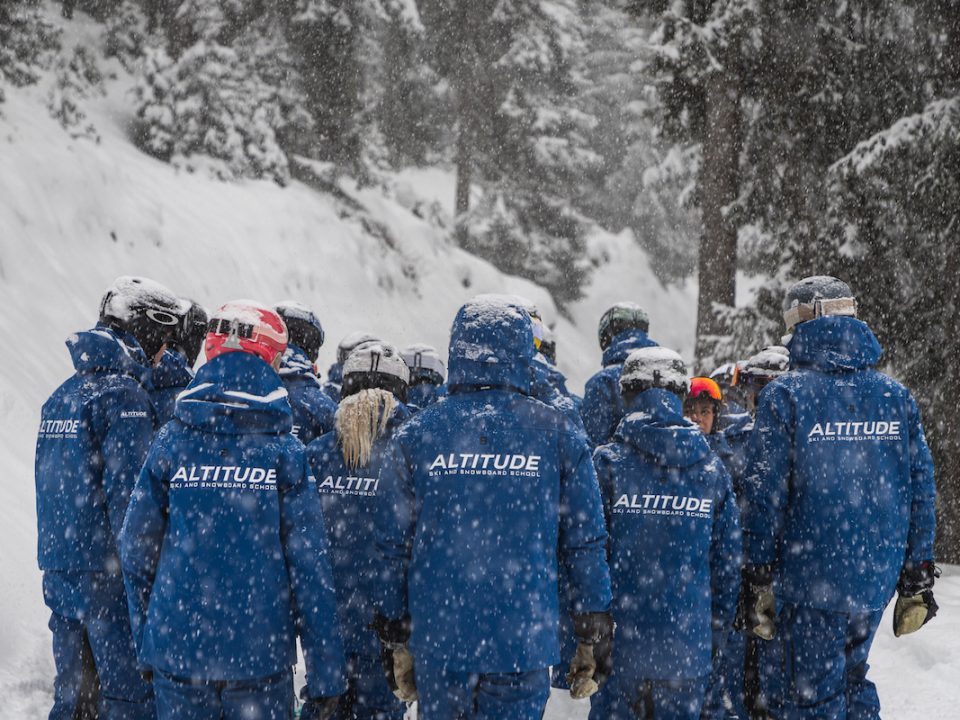
We’re all becoming increasingly aware of the damage that our modern lifestyles are doing to the delicate balance of the natural world around us; with 2019 being the first year that the government of the UK called a ‘Climate Emergency’. We are close to tipping the scales of the delicate balance of climate and nature too far in the wrong direction, starting an irreversible dramatic climate change, with some scientists saying we have a little as 18 months to take action in order to reach targets of limiting climate warming to only 1.5 degrees Celsius by 2050, a timeframe that is quickly running out.
As people who love the natural environment and are taking advantage first hand of the spectacular landscape and climate of the Alps, those who live in this environment can see first-hand the changes this is doing – warmer and wetter winters with lower overall levels of snowfall, seasons starting later and ending earlier, glaciers retreating year on year and ever warmer summers with more frequent heat waves – the list goes on.
But what can we do to protect the environment and lessen our own impacts when it comes to ski holidays? How can we be aware of the consequences of our actions, and how easy can it be to make these changes?
For those who ski each year on holiday, skiing is a luxury and as such, its sometimes difficult to feel the need to make positive environmental choices, because you may only go for one week a year, or every few years. But you are just one of tens of thousands of people taking that week holiday to Verbier each winter, with over 800,000 overnight stays on average each winter. The impact of visitors on a sensitive ecosystem is far from minor.
Travel.
For those not lucky enough to live within walking distance of the slope, travel is a necessity to get to your skiing holiday, or even just to take to the slopes. Flying is currently one of the least environmentally friendly ways of travelling, but many opt for this when skiing as the car isn’t usually necessary for the week. For a family of 4 however, a car journey could be the more environmentally friendly efficient mode of transport; you can check ecopassenger.org to see how your journey matches up.
Consider taking the train as well, especially for more local trips. If you’re going on a longer trip considering stopping along the way, there are some fantastic places to visit and the train system in Europe is efficient and reliable.
If nothing else make the most of the public transport when you’re in resort – park in the valley and take the lift up to the resort, make use of the free shuttle buses rather than driving and carbon off-set your flight if you’re taking one
Eating and drinking
Ski resorts can be a place of excess, waste and in a land-locked country of Switzerland, many types of food are flown in from abroad to meet demands of foreign visitors. But Switzerland has some incredible cuisine to offer, so while you’re here embrace eating locally sourced and prepared foods, in both restaurants and supermarkets!
Switzerland is renowned for its cheeses, beef, cured meats and an array of wonderful fruits and vegetables grown in the nearby valleys. Opting for locally sourced ingredients not only increasing the quality of your food but also means the food has less airmiles so it more environmentally friendly and supports the local farmers and businesses rather than mass producers and importers. Most top-end restaurants in town have a high focus on local produce, including Richard Branson’s famous ‘Lodge’ in Verbier.
Respect the environment
As a tourist, there’s a limited amount you can do about the long term development of the town you’re visiting, the choices made regarding renewable energy or the infrastructure. But your behaviour and habits when visiting the mountains do much a big impact. Try to minimise waste wherever possible, re-use shopping bags (paper bags are much more common here), try and buy food not wrapped in plastic, recycle you plastic bottles, glass, cans, paper and cardboard in the local facilities provided and make sure you don’t litter anything on the mountain, especially cigarette butts or left-over food wrappers. Respect and don’t ski in the protected areas on the mountain.
Check out our Blue Blog for more skiing tips and advice.






